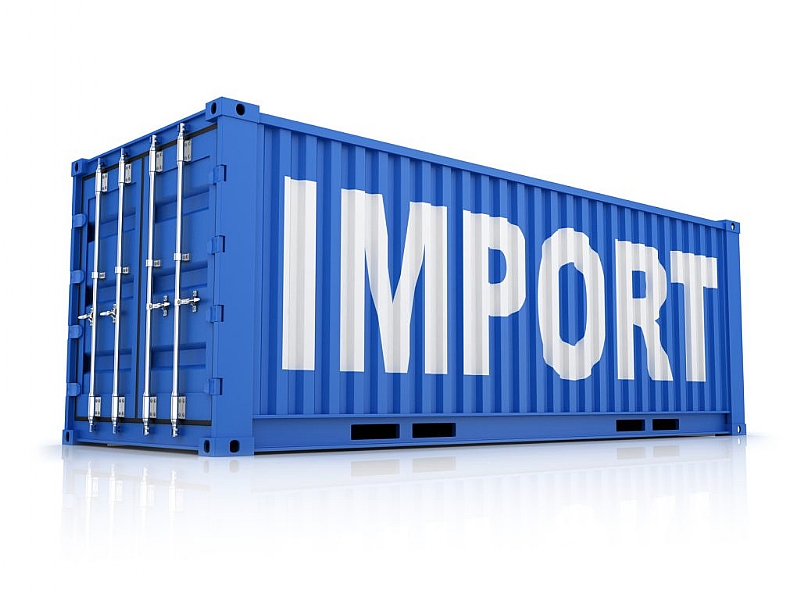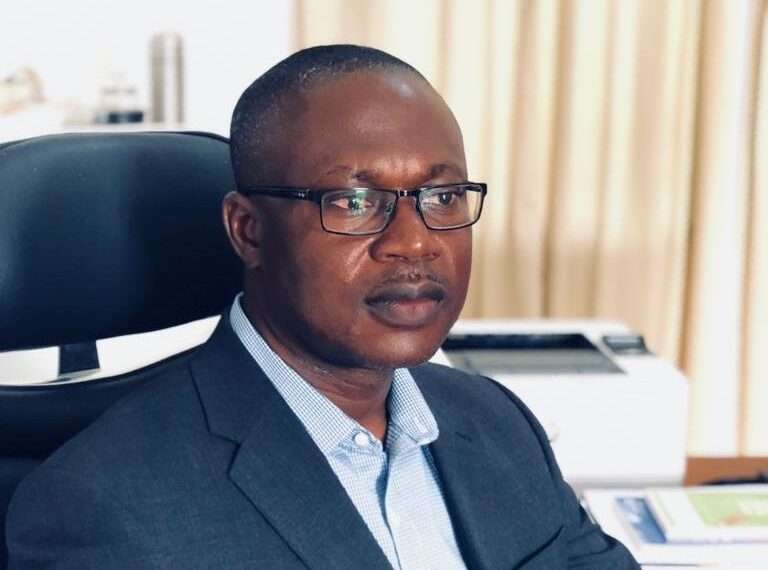The Institute of Statistical, Social and Economic Research (ISSER) has reiterated the need for a clear industrialization policy for Ghana as the country pursues a program with the International Monetary Fund.
Prof. Charles Ackah, Economist, maintained that focusing on the industrial sector will not only create jobs but also reduce Ghana’s dependence on imported goods, hence stressed on the need for government to redirect its policies towards industrialization.
According to him, this calls for a clear policy direction to help transform the economy even as the country pursues economic bailout from the IMF.
“We will need to address our import dependency to reduce our import bill. For me, I think the details are still going to be checked. That is something that I think we need to look at; how to industrialize and how to stop importing. Some of the things we import include tooth pick. The last time, I saw that the mop stick that children are taking to the secondary school is imported from China. These are sticks that we put into the mop. These kind of things that we keep importing, we should have the capacity to produce them.”
Prof. Ackah

Prof. Ackah further noted that the country needs to be aware of where the funds for importing these imported products come from.
“We need to look at where the financing is going to come from. Is the government going to finance that or are they going to borrow from the commercial banks at 40 percent, 30 something percent interest rate? They are not going to be sustainable.
“We’ve done this before under Kwame Nkrumah and even under Acheampong and we realized that they were not sustainable so it’s a comprehensive programme that has to be looked at.”
Prof. Ackah
These comments from the Prof. Ackah contribute to policy intervention measures to be considered by the government of Ghana to put the economy back on track.
Continuing the discussions on policy intervention mechanisms for the country, some economic analysts have stressed on the need for government to boost revenues as it adopts fiscal discipline in trimming down its ample expenditures as according to them, securing the economic bailout loan from the IMF is not the solution in entirety to Ghana’s economic crisis.
Meanwhile, there is contention in parliament over the passage of some revenue bills that are expected to enhance the fiscal position of the economy.
Majority And Minority Groups in Parliament urged to absorb their differences
Economist and Senior Lecturer at the Economics Department of the University of Ghana, Dr. Priscilla Twumasi Baffour entreated the majority and minority in parliament to work together, to ensure the passage of some revenue bills to boost the country’s fiscal position.
Earlier, President Akufo-Addo in his State of the Nation’s Address made an appeal to government to pass a number of tax bills to enable the country complete processes for an economic bailout from the IMF.
Dr. Twumasi Baffour said the passage of the revenue bills is necessary to improve the country’s tax revenue in relation to the size of the economy, which is below Sub-Saharan Africa’s average.

“I believe at this point in time, we should put Ghana first and set the politics aside a bit and in that regard, we should look at the bigger picture and see what the country stands to gain in terms of passage of all of this.
“It’s important that as a country, we work seriously towards revenue mobilization because the base of our revenue mobilization is very week and consistently, we have been underperforming. I mean, you look at our tax-to-GDP ratio, we’d be in the range of 14-15%, which is woefully inadequate.”
Dr. Twumasi Baffour
READ ALSO: Terkper Surprised Over President’s “Optimism” About Economy In SONA



















